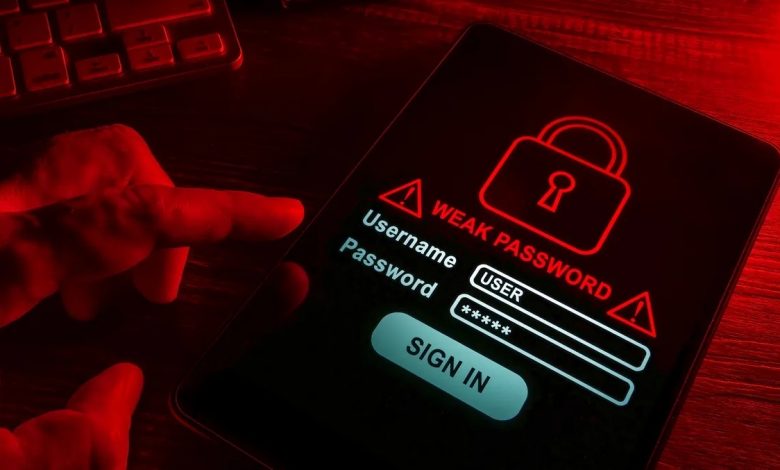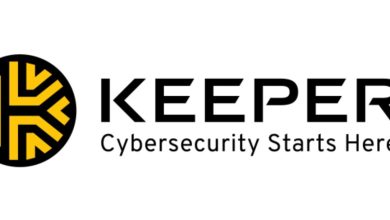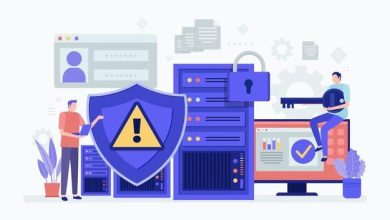Dell’s 2024 Vision for APJ: AI Democratisation, Modern Edge Expansion, and Zero Trust Imperative

Dell Technologies today held the Visions 2024 media briefing in Asia Pacific & Japan (APJ). The virtual briefing hosted by Dell’s John Roese, Global Chief Technology Officer and Peter Marrs, President, Asia Pacific & Japan, highlighted emerging trends that are set to shape the technology industry in 2024 and beyond, as well as how Dell is working with customers to navigate these trends and build on the innovation opportunity in the region.
“AI is the centre of the universe and edges are the way that you’ll put it into production. Zero Trust is the way that you’ll end up securing it, and ultimately quantum will be the thing that powers it over the long term for the performance and efficiency needed to scale it into a global system,” said John Roese, Global Chief Technology Officer. “Actively think of AI but do not do it independent of other architectures – this is how you’ll make sure your visions and actions align for long-term success.”
AI Takes Centre Stage, Moving From Theory To Practice
Roese noted that the GenAI dialogue will move from theory to practice with shifts from training infrastructure and cost to inference and cost of operation with more leadership onus. Increasingly, the focus for enterprises will shift from broad experimentation to a top-down strategic focus on picking the few GenAI projects that can truly be transformational.
“While GenAI has sparked incredibly creative ideas of how it will transform business and the world, there are very few real-world, scaled GenAI activities. As we move into 2024, we will see the first wave of GenAI enterprise projects reach levels of maturity that will expose important dimensions of GenAI not yet understood in the early phases,” said Roese.
APJ has seen a rapid and expansive growth of opportunities to deploy AI, owing to the general openness to the technology, keen sense of experimentation as well and advocacy from leadership when it comes to AI adoption. Marrs highlighted that with this leadership in innovation, APJ is in a strong position with the potential for deploying and implementing AI in a variety of impactful use cases.
Noting potential challenges such as bias and cultural nuances that need to be considered in AI implementation, Peter Marrs, President, Asia Pacific & Japan said, “Through partnership and leading our clients forward in the data era, we also need to help our customers avoid the ‘first mover disadvantage’. Whatever stage of the journey they are on, Dell is well positioned to be a strategic partner, helping customers navigate the complex ecosystem.”
Looking further into the future, Roese noted that quantum computing addresses the major issue of extreme demand for computing resources required for GenAI, and most large-scale AI. He anticipates that quantum computing will bring about a massive leap in the ability of AI systems. The computing foundation of modern AI will eventually become a hybrid quantum system where the AI work is spread across a set of diverse computing architectures, including quantum processing units.
The Expansion Of Modern Edge And Continued Reign Of Multi-cloud
Roese shared that enterprises will recognise that there are two ways to build a modern edge – the proliferation of mono-edges or a multi-cloud edge platform. Choosing the latter to adopt an “edge platform” approach where modern edge becomes an extension of the multi-cloud infrastructure is the way forward.
As data continues to be at the centre of our future, extracting value from it will be crucial in unlocking transformative business opportunities. Marrs shared that although multi-cloud has become mainstream in APJ, intentional strategies are needed to deliver business agility and innovation.
Zero Trust Fortifies The Frontier
With the democratisation of AI, and as more data and intelligence move to the edge, Marrs reiterated that data management becomes increasingly central to securing APJ’s digital future and the expanded threat surface heightens the importance of developing real Zero Trust architectures and mandating Zero Trust.
“2023 has been filled with dialogue about Zero Trust and its importance in the cybersecurity efforts of the world. As we move into 2024, we will move from a world where Zero Trust is a “buzzword” to a world where real technology, real standards, and even certifications emerge to clarify what Zero Trust really means,” said Roese.
Roese also noted that Dell’s project Fort Zero will be delivered into the market in 2024 as the first commercial full Zero Trust private cloud system in the industry, paving the way for Zero Trust adoption across various industries.
Creating A Data-Driven Future Together
With the rapid transformation and growing digital maturity in APJ, the landscape in the region is ripe for developments in these emerging technologies. In the year ahead, Marrs emphasised that an ecosystem approach will allow the industry to collectively learn the best practices for deployment and harness the best in technology to create greater impact for businesses and communities in APJ and beyond.
“These amazing advances and developments are all made possible by an ethos of collaboration and ecosystem. GenAI is an example of where we see this need to collaborate as an industry to achieve more together,” said Marrs. “That is why we need to build towards a digital unity – it is only when we work together that we can make these digitally empowered ideas a reality. Dell is a unifier at the forefront of these technology and business growth opportunities – bringing together expertise, solutions and partners, to enable our customers to build their data-driven future.”




